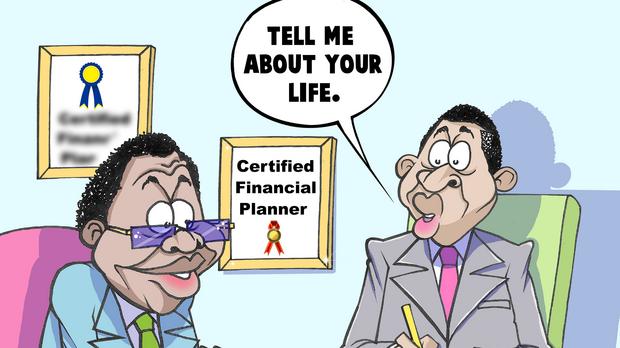
It is that time of the year when many people are working hard at their New Year’s resolutions, such as losing weight, cutting down on carbs, limiting alcohol intake, saving money, letting go of toxic relationships, becoming a better person – the “fresh start” list goes on. Often, these resolutions last only a month, then slowly fizzle out, and we go back to the old way of doing things – until the next new year when we make the same resolutions.
The Credit Ombud, Nicky Lala Mohan, challenges South Africans to go on a credit diet. Financial health is one of the most important things for your overall well-being. Many consumers (almost 10 million, according to the National Credit Regulator’s Credit Bureau Monitor) are credit overweight and need to go on a credit diet as soon as possible. “This is not a quick-fix diet but a lifestyle change that will require discipline,” says Lala Mohan. For some credit-overweight consumers, credit weight loss may happen quickly, whereas it may take longer for credit-obese consumers.
The factors that contribute to consumers’ unhealthy credit lifestyles are:
- Instant gratification – people won’t wait for what they want until they have saved enough for it;
- Over-indulgence – taking out credit in response to adverts;
- Lack of knowledge – not understanding the true cost of credit: the interest, fees and the penalties for late or non-payment;
- Keeping up with the Khumalos and the Joneses – some consumers take out credit so they can have what their peers have; and
- Unforeseen circumstances – losing a job, or sudden expenses for which consumers have not made provision.
Here is the Credit Ombud’s credit diet plan:
1. Shun “you qualify for” or “you have been pre-approved” offers. Consumers who fall for these offers often end up with debt, resulting in unplanned monthly instalments and interest.
2. Clean up your credit record. It’s important to pay your debt on time, every month, and to pay the full amount. If you pay late, skip payments or short pay, this information is reported to the credit bureaus and reflects as arrears on your credit report. A bad credit report can come between you and your dream job because some employers check your credit status.
3. Have a plan to pay off your debt. You should start with the debt that attracts the highest interest rate. Once the debt has been paid off, close the account.
4. Just because the Khumalos and the Joneses have it, doesn’t mean you should have it too. Always ask yourself why you are buying something on credit. Your reasons will give you an indication of whether you really need the item, or simply want it.
5. Learn to say, “No, I cannot afford. It’s not in my budget”. Don’t over-commit yourself to family or friends if they need your help financially. Be clear on what you can afford.
6. End the “too much month at the end of the money” habit. Cut out a few luxuries and you will start seeing a difference. Little things can also make a difference, such as packing lunch for work instead of buying take-aways, eating at home before going grocery shopping, and joining a lift club.
7. Cash is king. Saving for a purchase is better than credit because you save on interest and fees. Remember that while you owe on it, you don’t own it.


